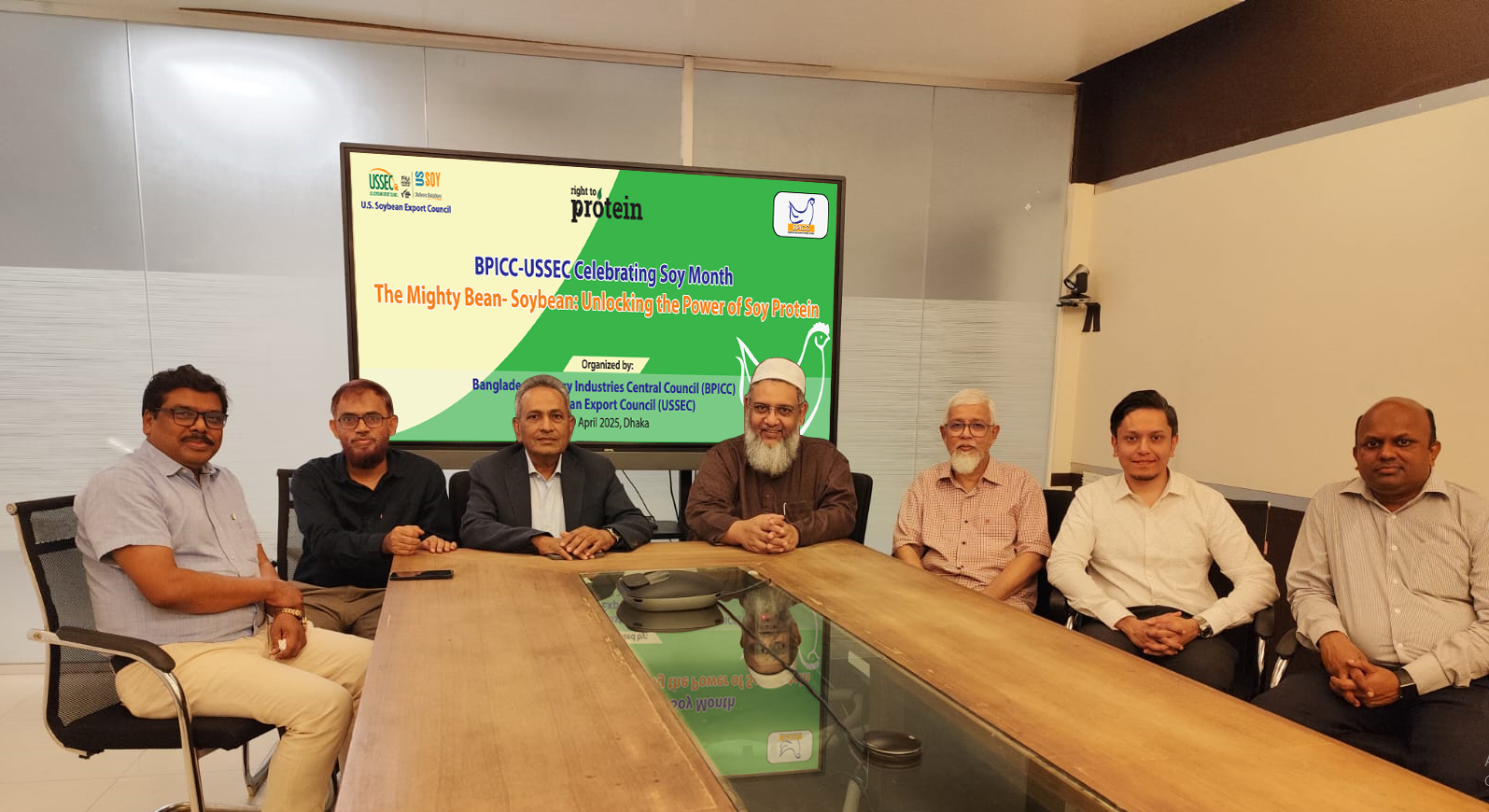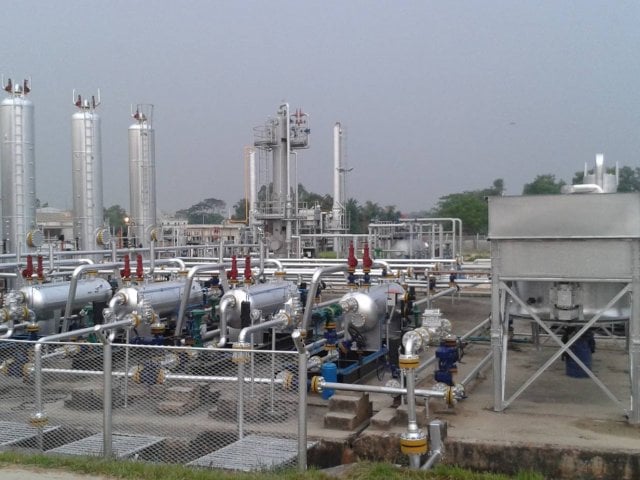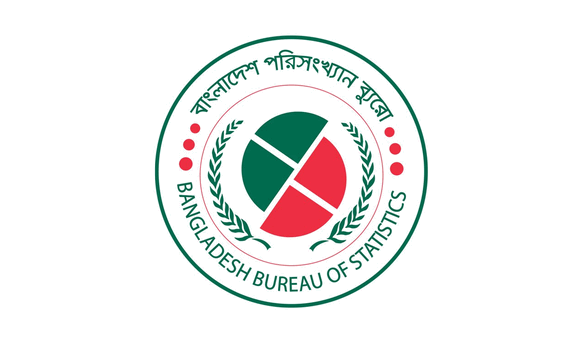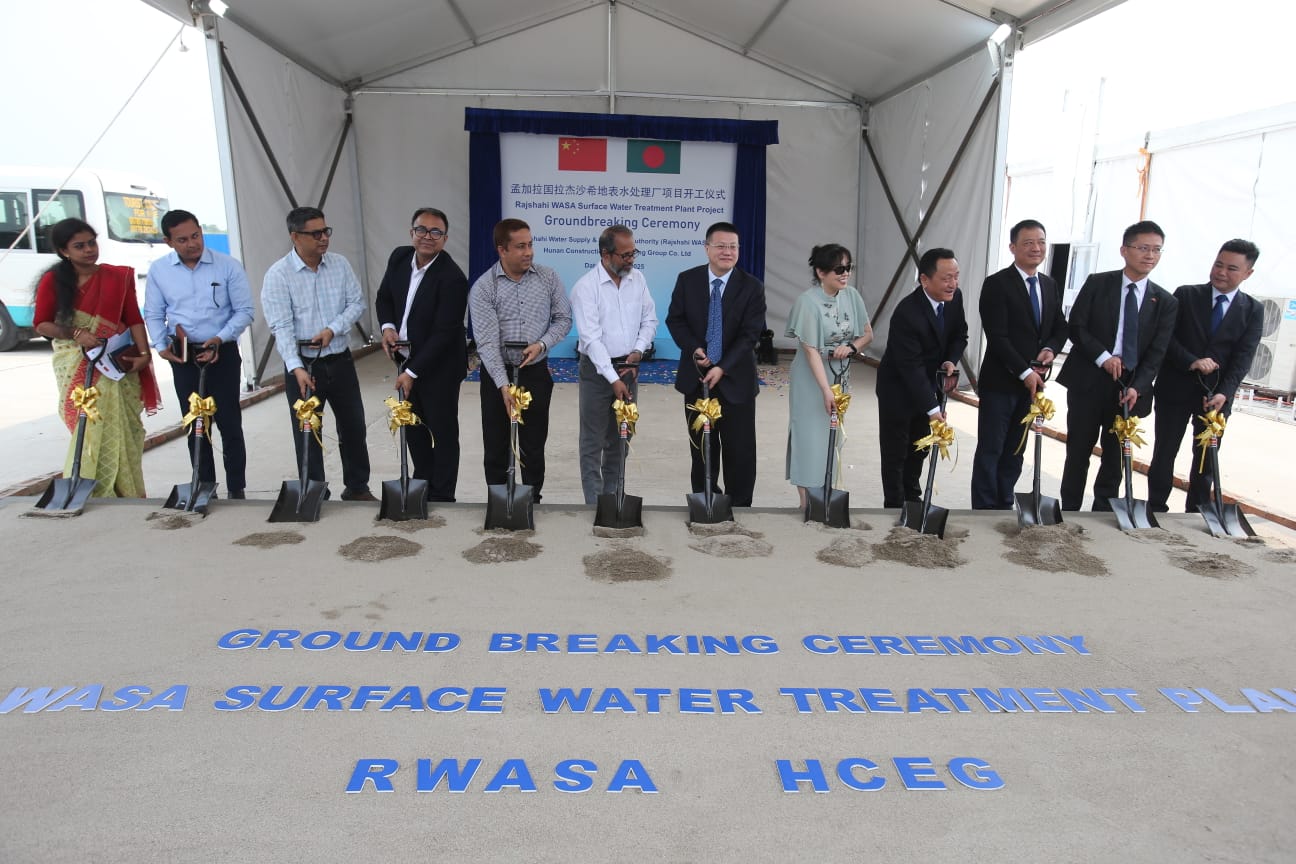
Bangladesh’s economy is currently grappling with several macroeconomic challenges, including slowing growth, persistent high inflation, and rising non-performing loans (NPLs) in the banking sector. Despite these challenges, the Asian Development Bank (ADB) remains optimistic, forecasting a rebound in 2026, provided critical reforms are implemented.
Macroeconomic Outlook
Speaking at the Bangladesh Economic Outlook program, ADB’s Country Director for Bangladesh, Hoe Yun Jeong, outlined the country’s economic hurdles. “The economy faces multiple obstacles, including high inflation, low foreign direct investment, and a limited domestic revenue base,” she noted. However, she emphasized that the government’s focus on macroeconomic stability and institutional reforms provides a positive outlook for the future.
For fiscal year 2025, ADB expects Bangladesh’s economic growth to slow further. However, with a recovery in domestic demand, a rebound is projected for fiscal year 2026. Despite these hopeful projections, inflation is expected to remain high, and the tightening of monetary policy is likely to persist in the short term.
The ADB also highlighted concerns over rising non-performing loans, which have placed additional strain on the banking sector. To address this, ADB has been providing support for banking sector reforms, focusing on improving asset quality and promoting inclusive finance. In terms of external factors, ADB noted that Bangladesh’s current account deficit is expected to narrow slightly, although global uncertainties, including potential US tariffs, pose significant risks.
The Impact of US Tariffs
One of the major concerns raised during the program was the potential impact of US tariffs on Bangladesh’s exports. The US market remains Bangladesh’s largest export destination, accounting for 17% of total exports. During the Q&A session, ADB Country Director Hoe Yun Jeong acknowledged the adverse effects that the tariffs could have, particularly if they trigger a broader economic downturn in the US and other export markets, such as the EU.
“The full impact is still uncertain. It will depend on trade diversions and the overall economic slowdown in key markets,” Jeong stated. However, she stressed the importance of diversification in Bangladesh’s export markets and products, which could mitigate some of the negative effects.
Government’s Role in Mitigating Economic Downturn
Both Hoe Yun Jeong and ADB’s Country Economist for Bangladesh, Chandan Sapkota, discussed the urgent need for the government to tackle inflation, which has been eroding purchasing power and hampering investment. Sapkota emphasised the importance of improving supply chains, reducing logistics costs, and investing in energy infrastructure to stabilize the economy.
The ADB representatives also urged the government to consider transitioning toward a more flexible exchange rate system to curb the impact of the depreciating Taka, which has contributed to rising inflation.
Banking Sector Reforms and ADB’s Support
Regarding the banking sector, Hoe Yun Jeong outlined ADB’s ongoing support, including a budget support loan aimed at reforming the sector. ADB is working closely with Bangladesh Bank and other partners, such as the IMF and World Bank, to address regulatory gaps and improve asset quality. A key step in this process is the asset quality review, which is expected to be completed in May.
Despite the vulnerabilities in the banking system, Jeong expressed confidence that the government’s efforts, along with ADB’s support, will help strengthen the sector and ensure long-term stability.
The Road Ahead
Looking ahead, ADB remains committed to supporting Bangladesh through this challenging period. “We are dedicated to assisting Bangladesh in implementing critical reforms that will enhance domestic revenue mobilization, address NPLs, and secure energy and food security,” Jeong reaffirmed.
Both the ADB Country Director and Economist expressed confidence that Bangladesh’s resilience, combined with the implementation of necessary reforms, will enable the country to overcome current challenges and position itself for sustained growth in the coming years.
In conclusion, while the road ahead is fraught with challenges, ADB’s continued partnership with Bangladesh and its focus on key reforms could pave the way for a robust recovery by 2026.
ADB projects 3.9% GDP growth for Bangladesh in FY25
The Asian Development Bank (ADB) forecasts Bangladesh’s GDP will grow by 3.9% in FY2025, with a recovery to 5.1% in FY2026, despite challenges including political transitions, natural disaster risks, and high inflation.
The ADB urges diversification and structural reforms to boost long-term economic resilience, according to the Asian Development Bank’s (ADB) latest report, the Asian Development Outlook (ADO) April 2025, released on Wednesday.
Despite growth in Bangladesh’s exports in the garments sector, the slower growth forecast reflects weaker domestic demand amid political transition, risks of natural disasters, industrial unrest, and high inflation. Bangladesh’s economic growth was 4.2% in FY2024.
“Despite external and domestic headwinds, Bangladesh’s economy remains resilient, which can be fortified by implementing crucial structural reforms,” said ADB Country Director for Bangladesh Hoe Yun Jeong
“Bangladesh should diversify its economy beyond the readymade garments sector by fostering private sector development. Enhancing resilient infrastructure, improving energy security, strengthening financial sector governance, and attracting foreign investment are crucial to accelerating growth, creating jobs, and boosting competitiveness.”
Inflation is forecast to accelerate from 9.7% in FY2024 to 10.2% in FY2025 due to stifled competition in wholesale markets, inadequate market information, supply chain constraints, and the depreciation of the taka. The current account deficit is anticipated to shrink from 1.4% of GDP in FY2024 to 0.9% of GDP in FY2025 as the trade deficit narrows and remittances rise.
The ADO April 2025 projects that consumption and investment will grow moderately, driven by strong remittance inflows but partly offset by contractionary monetary and fiscal policies and investor caution. Global tariff increases are also expected to affect Bangladesh’s exports and economic growth over the course of time. On the supply side, services growth is expected to be slower due to political uncertainty, financial sector vulnerability, and reduced household purchasing power. Agricultural growth is likely to moderate following repeated floods, while industry growth is expected to improve marginally with a rebound in manufacturing aided by export growth.
The growth forecasts were finalized prior to the 2 April announcement of new tariffs by the US administration, so the baseline projections only reflect tariffs that were in place previously. However, ADO April 2025 does feature an analysis of how higher tariffs may affect growth in Asia and the Pacific.








